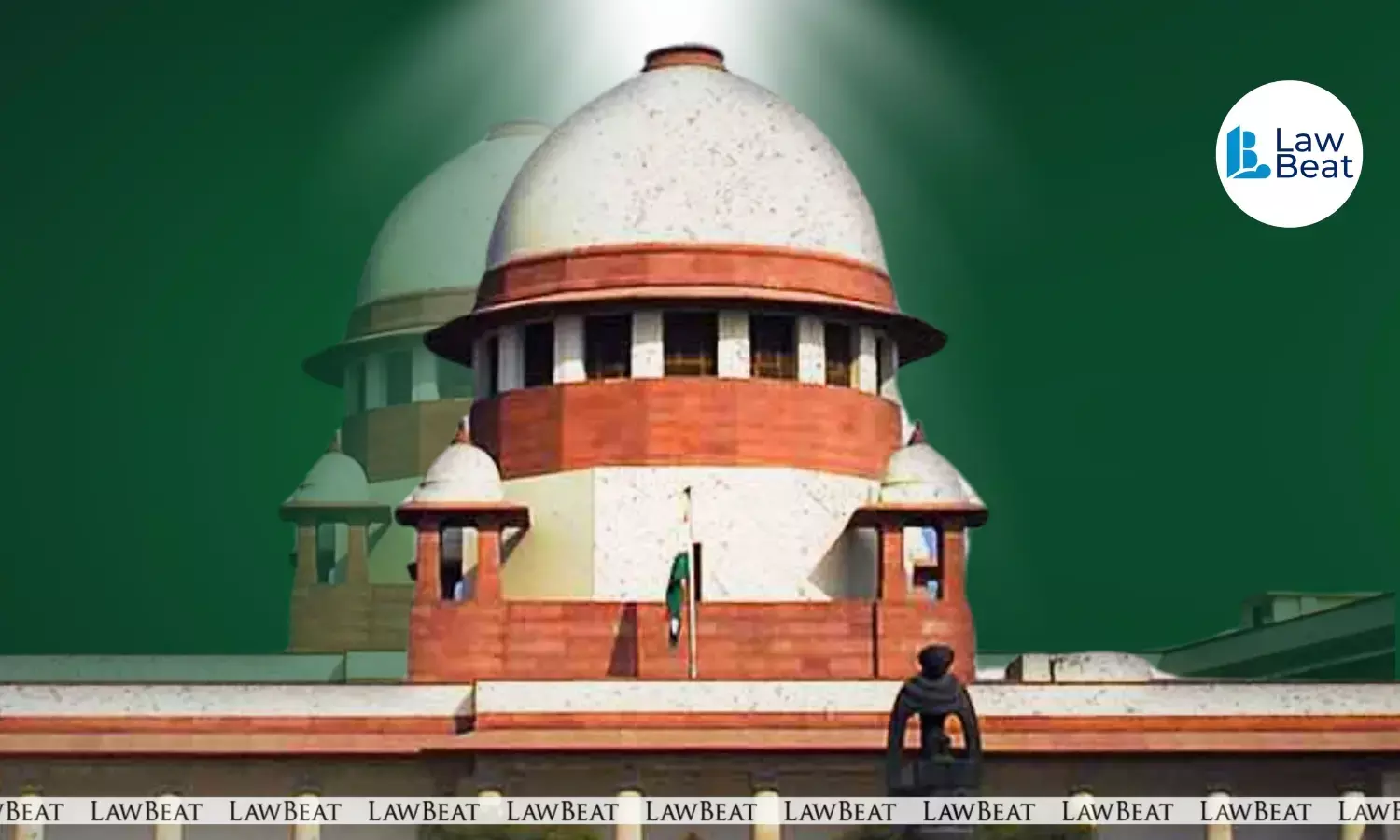Supreme Court Acquits Man in Kidnap-Cum-Murder Case, Cites Panchsheel Principles of Circumstantial Evidence

The Supreme Court sets aside Madhya Pradesh High Court's adverse observations on advocate's conduct
The Supreme Court, on September 17, 2025, set aside the concurrent convictions of a man in a kidnap-cum-murder case, applying the five golden principles which form the 'panchsheel of the proof' in cases based on circumstantial evidence.
A bench of Justices Pankaj Mithal and Prasanna B Varale held that both the trial court and the high court had erred in convicting the appellant, Thammineni Bhaskar, on a complete misreading of the evidence.
The court observed that mere animosity was not enough to establish guilt unless the evidence clearly connected the appellant to the kidnapping and murder, especially when the two “last seen” witnesses turned hostile.
"We have gone through the statements of PW-5 and PW-6 and are of the clear view that they have not uttered a single word so as to prove the kidnapping as alleged or even that the deceased was with them at any point of time in the evening of 26.03.2016," the bench said.
Bhaskar, accused No. 1, had been convicted under Sections 302 and 364 of the IPC and sentenced to life imprisonment along with a fine of Rs 5,000. He was also found guilty of destroying evidence. His conviction and sentence were upheld by the high court on June 19, 2024.
According to the prosecution, the deceased, Bhoominadhan, was an auto driver from Nellore and was acquainted with the appellant, who was also in the auto business. On March 22, 2016, Bhoominadhan’s mother lodged an FIR at Nellore Rural Police, alleging that the appellant and his friends were passing obscene remarks and threatening women near Vinayaka Temple in Chandrababu Nagar. A cross-FIR was lodged by the appellant.
Days later, on March 27, 2016, Bhoominadhan’s father filed an FIR stating that his son had been kidnapped the previous evening near a banyan tree in Talpagiri Colony by the appellant and his friends, who allegedly forced him into an auto. The next day, Bhoominadhan’s body was found near Sarvepalli Reservoir, Anikepalli Village, with multiple injuries.
During the investigation, two witnesses told police under Section 161 Cr.P.C., and later before a magistrate under Section 164 Cr.P.C., that they had seen the accused drag the deceased into an auto. However, at trial, they resiled, testifying only that they saw some ‘galata’ near the banyan tree but could not identify anyone or confirm Bhoominadhan’s abduction.
The appellant’s counsel argued that there were no eyewitnesses linking him to the crime, and the conviction was based solely on circumstantial evidence, particularly the testimony of the two witnesses who had since turned hostile. He contended that with no proof that the deceased was last seen with the appellant, there was no basis to hold him responsible for Bhoominadhan’s death.
The state, however, maintained that the appellant had a clear motive and that even if the witnesses turned hostile, the circumstantial evidence established his guilt, as the accused had failed to explain what happened to the deceased after allegedly taking him away on March 26, 2016.
The bench disagreed, stating: "The animosity between them may be the motive behind the crime but it is not sufficient to prove the commission of the crime unless the evidence proves kidnapping/abduction and killing of the deceased, either by direct or circumstantial evidence."
It further noted that the witnesses only proved a ‘galata’ took place but could not identify the participants, nor did they claim to have informed the deceased’s father about any abduction.
"In the absence of such evidence and the fact that both PW-5 and PW-6 have turned hostile, it cannot be held that the appellant was involved in the incident and that he was responsible for the killing of the deceased, on the basis of the last seen theory. There is no evidence to either prove the kidnapping of the deceased Bhoominadhan or that he was last seen in the company of the appellant," the bench held.
Concluding that the prosecution had “miserably failed” to establish guilt, the court acquitted Bhaskar of all charges and ordered his immediate release, if not required in any other case.
The bench also reiterated the five golden principles constituting the panchsheel of proof in circumstantial evidence cases, as laid down in Sharad Birdhi Chand Sarada v. State of Maharashtra: a complete chain of circumstances, exclusion of other hypotheses, establishment of every link, proof of motive, and concurrence of all circumstances.
Case Title: Thammineni Bhaskar Vs The State of Andhra Pradesh
Judgment Date: September 17, 2025
Bench: Justices Pankaj Mithal and Prasanna B Varale
